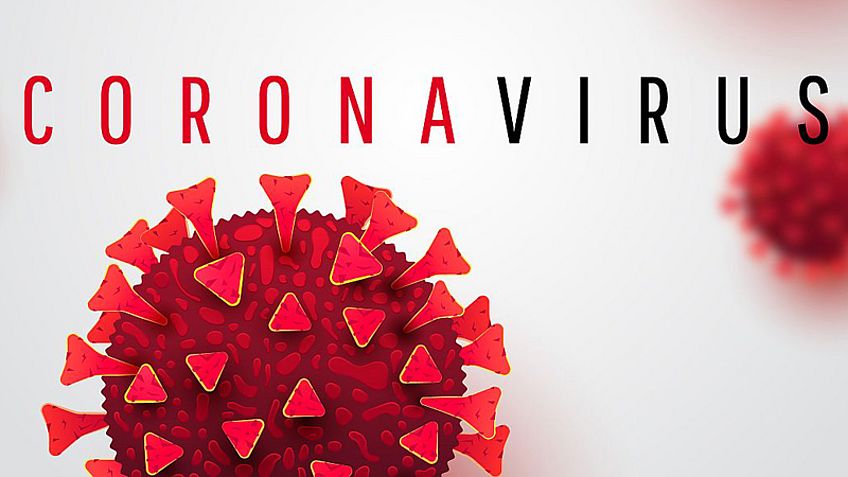Platform for Single Cell Genomics and Epigenomics
The "Platform for Single Cell Genomics and Epigenomics" is a joint Venture between the University of Bonn and the German Center for Neurodegenerative Diseases (DZNE). Both institutions seek to conjointly increase their expert knowledge in the areas of genomics and bioinformatics. Particular focus lies on the development and application of tools and technologies for single-cell genomics and on providing these technologies for internal and external colaborators.
The laboratory space of the platform is situated in the new DZNE building, the bioinformatics unit is located at the LIMES Institute. Both units are closely colaborating.
Some of the technologies offered at PRECISE are listed below:
- SMART-Seq2: SMART-Seq2 (Picelli et al., Nat. Methods, 2013) is the single cell RNA-seq (scRNA-seq) method with the highest sensitivity, allows the sequencing of the entire transcript and entirely relies on off-the-shelf reagents. SMART-seq2 is the best choice when it comes to the study of splice variants, SNPs or monoallelic gene expression. Library preparation costs are significantly reduced by using an in-house version of Tn5 transposase (Picelli et al., Genome Research, 2014).
- SeqWell: The SeqWell method allows the sequencing of few thousand cells per experiment (Gierahn et al., Nat. Methods, 2017). SeqWell captures and counts only the 3´-end of each transcript and is most suitable in the initial (discovery) phase of an experiment due to its higher throughput and significantly lower cost per cell as compared to Smart-seq2. It combines the benefits of performing reactions on a nanoliter scale with the compartmentalization of individual cells in microwells.
- BD Rhapsody: PRECISE was the only alpha-tester in Europe for this technology, recently introduced on the market by BD Genomics. Rhapsody is based on the CytoSeq method (Fan et al., Science, 2015) and allows the 3´-end sequencing of up to 20K cells/experiment on (partly) customizable gene panels (500 or 1000 genes). Rhapsody uses microwell arrays and is equipped with an imaging system for cell visualization and counting. The price for sequencing is considerably lower since it doesn´t require the analysis of the entire transcriptome.
Single-cell transcriptomics is a rapid moving field, where new library preparation and computational methods are introduced every few weeks. It is therefore vital to keep up with the pace of technological development, in order to always offer cutting-edge analysis to our collaborators. We are investing important amounts of time, human and technical resources in testing and implementing recently released new single-cell technologies as well as developing better, faster and inexpensive methods to tackle ever more complex biological questions.
Some of the new technologies in the pipeline are listed below:
- scATAC-seq, to characterize open chromatin genomic regions, a proxy for finding transcriptionally active gene regions.
- sciRNA-seq, a plate-based 3´-sequencing method based on a “split-and-pool” approach, which makes use of combinatorial indexing and Tn5 transposase (Cao et al., 2017). SciRNA-seq works on fixed cells, does not require single cell sorting and is easily scalable to thousands of cells, thus reducing the library preparation cost.
- FRISCR (Fixed and Recovered Intact Single Cell RNA, Thomsen et al., 2016). A method capable of isolating RNA from fixed, permeabilized, stained, and sorted cells which is later converted to sequencing library with the Smart-seq2 method. Currently the method works with >400 cells but the goal is to achieve single-cell resolution in 2018.
Equipment of the platform:
- MiSeq
- NextSeq500
- NextSeq2000
- NovaSeq6000
- C1 microfluidics platform
- BD Rhapsody
- Tecan Freedom EVO
- IP-Star
- Nanodrop II
- Roche Lightcycler 480
- Agilent Tapestation 4200
- Covaris S220
- Covaris LE220
- GeoMx Digital Spatial Profiler
- PacBio - Sequel II
- 10X - Chromium and Chromium X
- I. Dot - Cytena
- Mosquito x1 - SPT Labtech
PRECISE contributes to the West German Genome Center expertise and technologies.
Further information is provided on the website of the "Platform for Single Cell Genomics and Epigenomics": https://www.dzne.de/forschung/precise/
Bioinformatical management
Dr. Thomas Ulas
Team leader bioinformatics
Raum Nr. I-214 (LIMES)
Tel 73 - 6 27 91
Fax 73 - 6 26 46
thomas.ulas@uni-bonn.de








